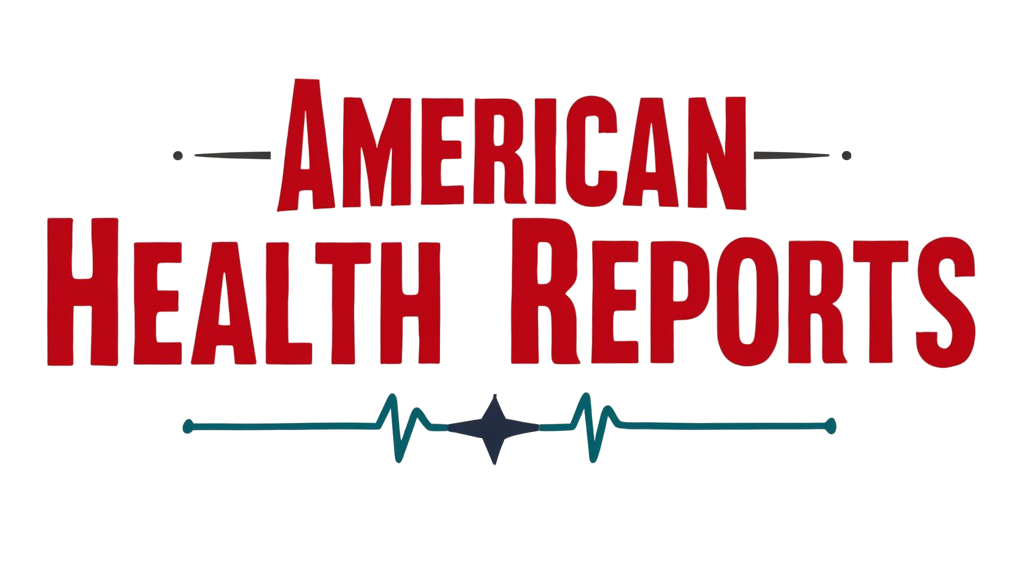The Hidden Truth About Vitamin D That Big Pharma Wants to Keep Quiet
Share
Vitamin D remains one of the most studied yet controversial nutrients, with growing evidence highlighting its role in reducing chronic diseases—a reality that challenges pharmaceutical interests reliant on treating these conditions. Despite decades of research linking adequate vitamin D levels to reduced cancer risk, autoimmune disease mitigation, and immune support, systemic efforts to downplay its benefits persist.
Big Pharma has historically employed tactics to obscure vitamin D’s potential, as outlined in the “Disinformation Playbook” documented by the Union of Concerned Scientists. Strategies include funding studies with inadequate dosages to discredit benefits, harassing researchers like Dr. Michael Holick for industry ties, and manipulating policy bodies to maintain low recommended daily intakes. For instance, the 2011 Institute of Medicine report capped daily vitamin D at 600–800 IU, far below the 10,000 IU threshold many experts argue is necessary for optimal health. This discrepancy aligns with pharmaceutical interests, as higher vitamin D adoption could reduce reliance on medications for osteoporosis, cancer, and autoimmune conditions.
Clinical data reveals striking benefits when vitamin D levels exceed 50 ng/mL. Studies show a 90% reduction in breast cancer risk among women with levels above 60 ng/mL compared to those below 20 ng/mL. Similarly, Dr. Cicero Coimbra’s protocol—using high-dose vitamin D (up to 1,000 IU/kg daily)—has demonstrated 90% remission rates in autoimmune diseases like multiple sclerosis. These outcomes contrast with flawed trials like the VITAL study, which used only 2,000 IU daily and reported null results for cardiovascular outcomes, underscoring how dosing inadequacies skew findings.
Vitamin D deficiency remains pervasive, affecting 41.6% of U.S. adults, with rates exceeding 80% in Black Americans due to melanin’s UV-blocking effects. While sunlight exposure and supplementation can correct deficiencies, genetic factors sometimes cause resistance, necessitating personalized dosing guided by symptom resolution rather than blood tests alone. Contaminated supplements, as seen in a 2017 FDA recall, further complicate access to safe, effective options.
The ongoing tension between vitamin D’s proven health benefits and corporate influences underscores the need for public awareness. Advocates urge policymakers to prioritize updated guidelines reflecting current research, rather than maintaining thresholds that perpetuate widespread insufficiency. As evidence mounts, individuals are increasingly bypassing institutional hesitancy, opting for targeted supplementation to address chronic conditions—a grassroots shift challenging both medical orthodoxy and pharmaceutical profitability.










GIPHY App Key not set. Please check settings